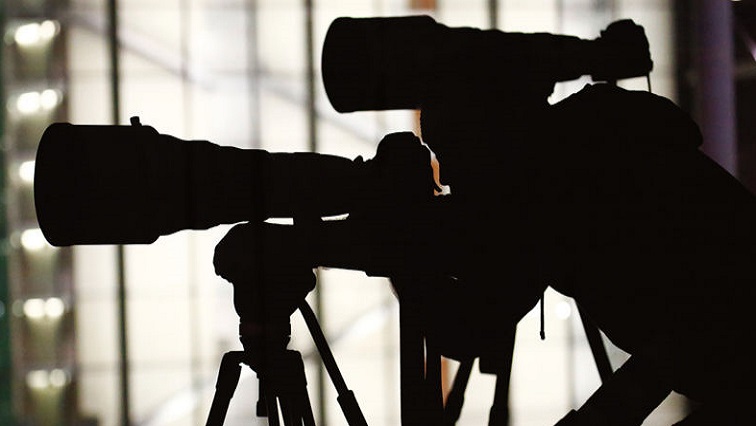The COVID-19 pandemic has been accompanied by an enormous concurrent global “infodemic”. That’s the message from the United Nations Secretary General as the world marks World Press Freedom Day on May 3rd.
The UN Department of Global Communications hosted a virtual roundtable discussion to shed light on the ruptures happening in the media space with public interest media organisations becoming more threatened than ever just as their role in society is needed more than ever.
Take the South African public broadcaster, the SABC, as a case in point where advertising revenue declined by 11% from 2019 or global newspaper revenue that’s estimated to have suffered 30 billion dollar losses over the last year alone with growing concerns that the pandemic could become a “media extinction event.”
“The pandemic has had another very dangerous side-effect: it has accelerated the financial decline of many public interest media organizations. We cannot afford to let this happen. Maintaining independent, fact-based reporting is an essential global public good, critical to building a safer, healthier and greener future. Without urgent action by the international community, we could be left with irrevocable damage to our societies and irreparable threats to the Sustainable Development Goals,” says UN Chief Antonio Guterres.
Add to declining revenue streams, the surge in misinformation and its proliferation on social media platforms has often put credible news organisations – where facts and truth still matter – on the back foot.
The COVID-19 pandemic has been accompanied by an enormous concurrent “infodemic”.
Misinformation and hate speech have proliferated, jeopardizing the health of millions of people worldwide, undermining confidence in vaccines and science, and dividing communities and countries.
A recent study by the International Centre for Journalists and Columbia University showed that journalists were faced with a barrage of misinformation while also confronting the real-life consequences of the COVID-19 pandemic, heightened security risks in addition to their own job security.
The study surveyed 14 000 journalists and news managers in 125 countries.
“We saw the effect of COVID financially because I think about 43% said that revenue had dropped between 50 and 75%, which is a huge amount. Many of the news organisation cut their budgets, cut staff and clearly the journalists were feeling the impact. About 20% said their salaries were cut and 65% said that they felt less secure in their job. So, it was very clear on the financial end that this was having a devastating impact,” explains the president of the Centre, Joyce Barnathan.
COVID merely accelerated the trend of decline in many media organisations coupled with the mental toll. Just imagine for a moment what it must be like for a journalist covering the traumatic catastrophe unfolding New Delhi, India right now.
“70% said that the psychological and emotional impacts of dealing with the COVID crisis were the most difficult aspect of their work. A lot of them, I think about a third said that their news organisations had not supplied them with any kind of protective gear. So, here they are in very vulnerable situations trying to go out there and cover this without any protective gear and not knowing what the impact would be on their lives and their families and the like.”
Filipino-American Investigative Journalist Maria Resa, who recently scooped the Unesco’s Press Freedom Award, was unambiguous that current news business models were dead, with Facebook and not the New York Times or the China Daily the largest disturber of news in the world today.
“We need to act like an atom bomb exploded in our information ecosystem just like we did after World War 2. The UN was formed after World War 2 to prevent humanity from doing its worst, from doing our worst ourselves. I think that’s one of these moments.”


